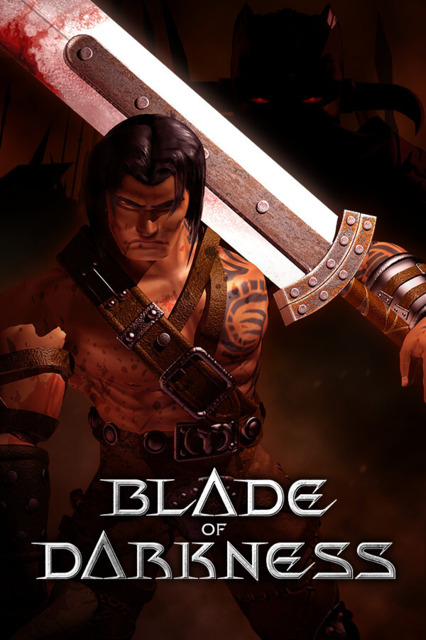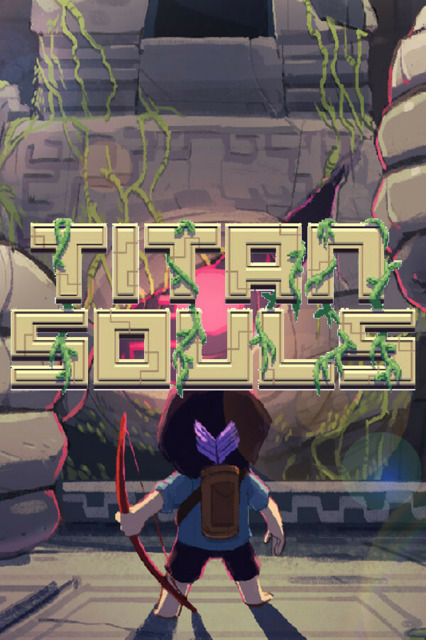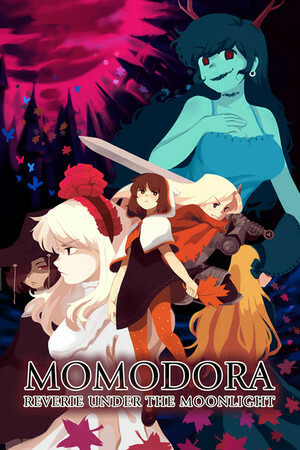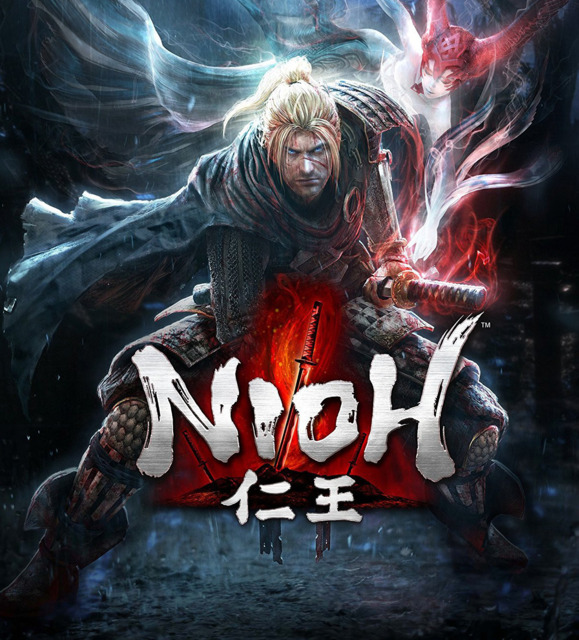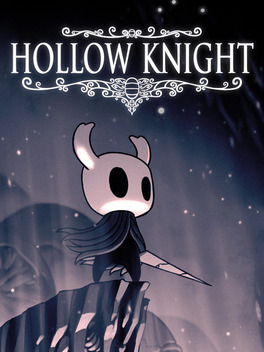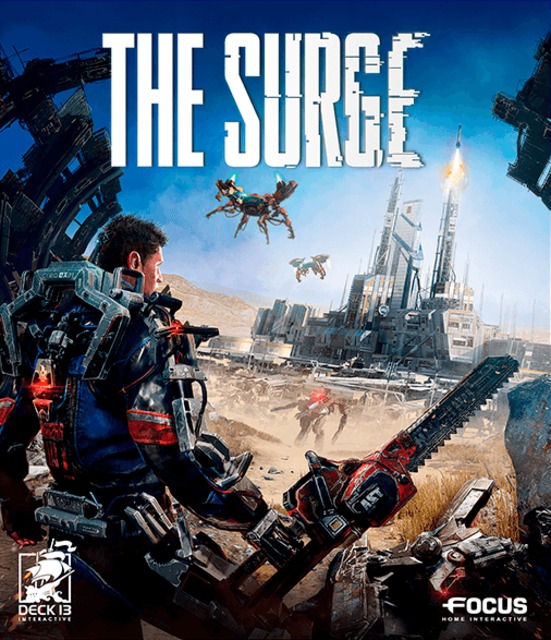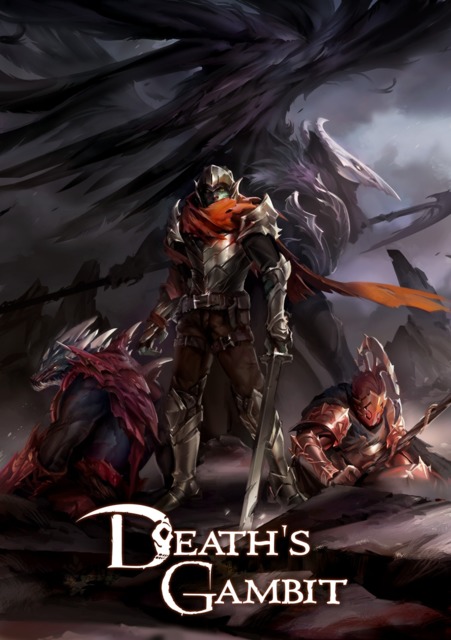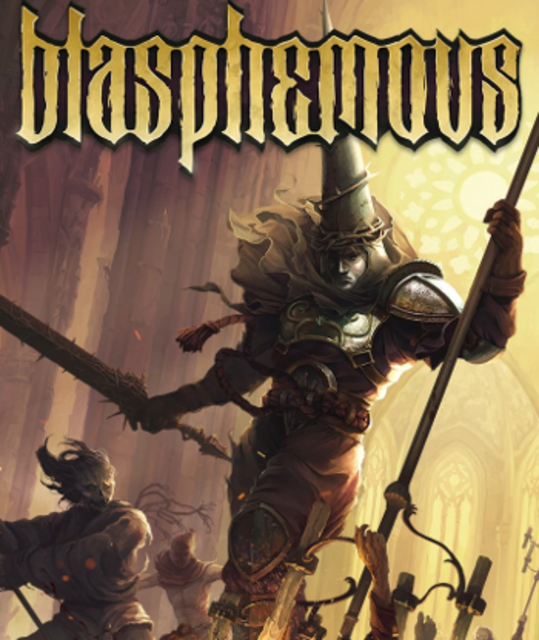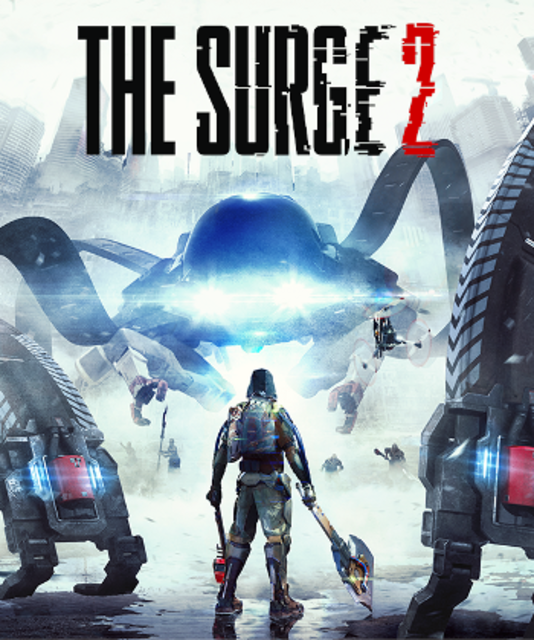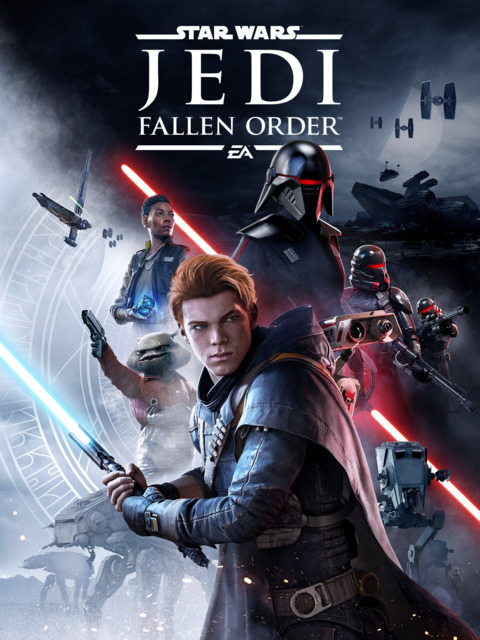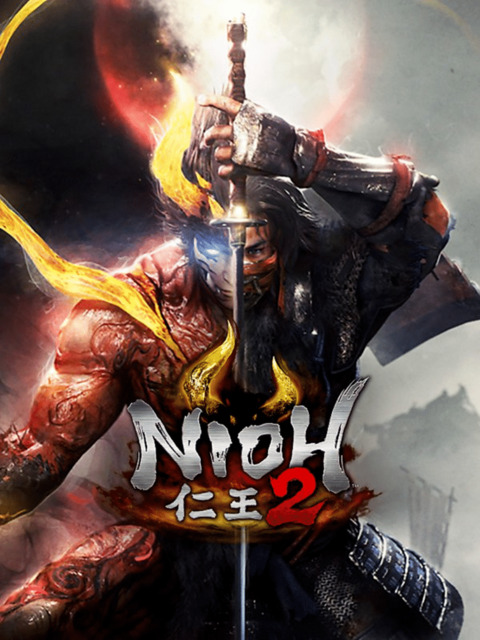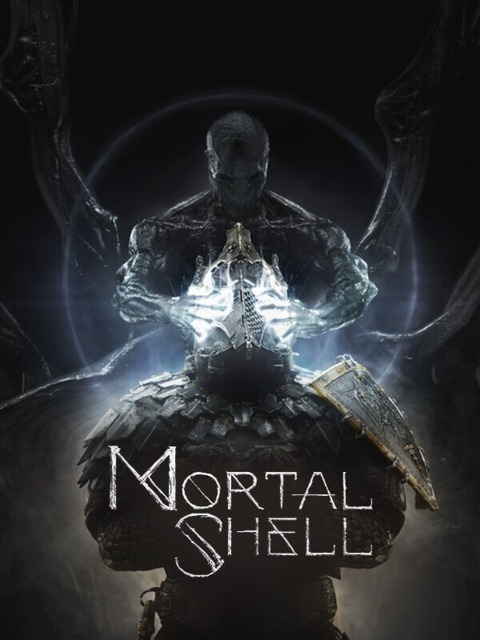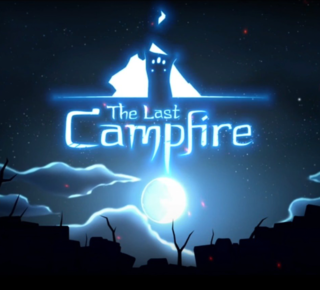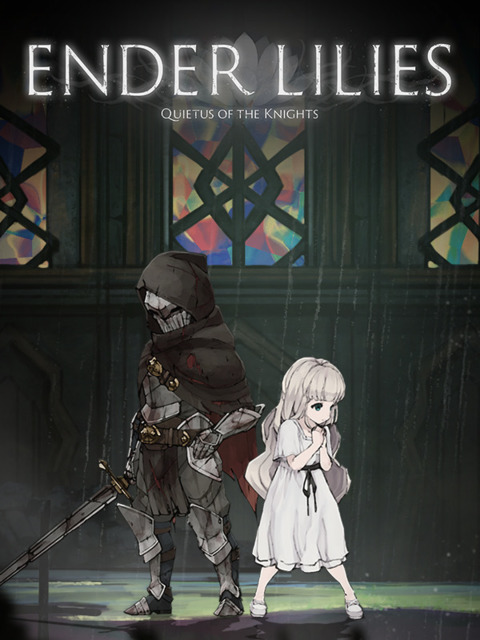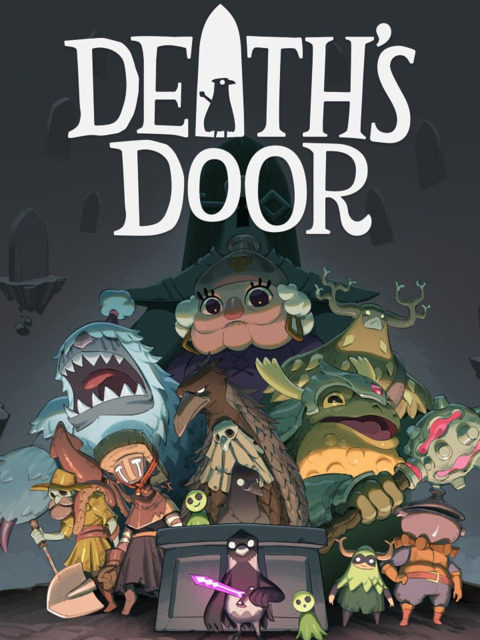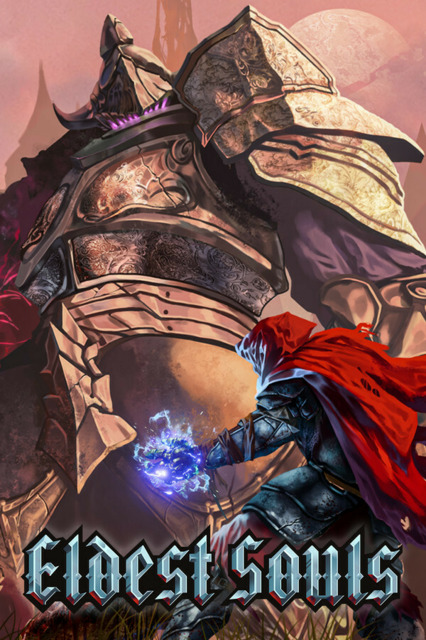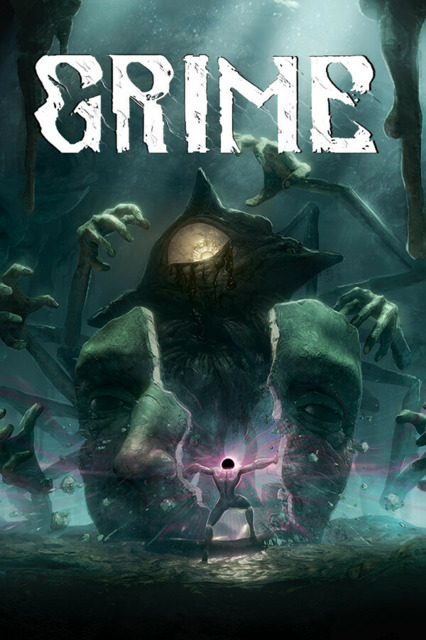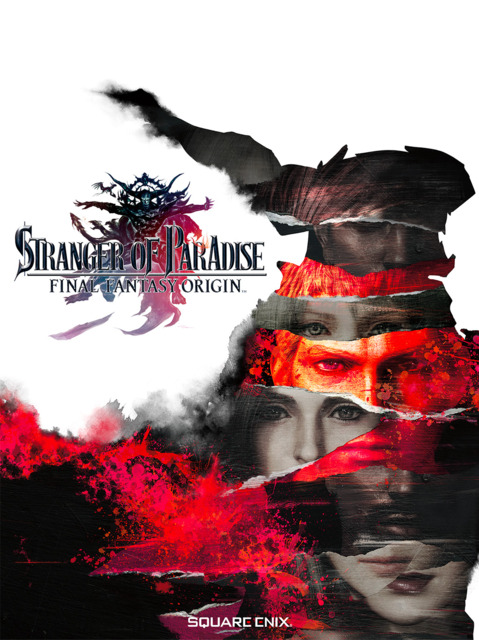Borne to Run Gaiden: Kindred Souls
Welcome to the Gaiden series: homages for all the new Giant Bomb shows that have been gracing the website over the past few weeks. Each one takes the general theme of the video series they're linked to and looks for an alternative route to take the idea, since it would be too easy to just imitate them wholesale.
Borne to Run, which has NoClip's Danny O'Dwyer and GameSpot's Tamoor Hussain explore the FromSoftware Souls games one "Endurance Run" LP at a time, is perhaps setting itself up to be more than meets the eye: Danny's well aware that the Souls series has a prominent place in Giant Bomb history and looks to be leveraging that legacy towards some meta commentary on the renowned RPG series (or Giant Bomb itself). My "Gaiden" alternative idea is to look at the many games that were, if not inspired directly by Demon's Souls and Dark Souls, very much in the same mindset in terms of their presentation and mechanics. For each, I'll be making the case for how they hew close to the Souls formula, but also provide one key difference in their approach (same basis as this list of explormers, with which we'll see some overlap).
Each game has a "Soulmate Score" that is based on how many of the following traits it shares with the Souls series:
- A desolate, if not entirely empty, setting long past its prime or on the precipice of total destruction.
- A generally saturnine atmosphere and tone, germane to the above.
- A contextual-heavy approach to narrative, where the player must pay attention to their surroundings, cryptic NPC encounters, and item descriptions to learn as much of the full story as there is to be gleaned.
- A "corpse run" mechanic wherein the player has an opportunity to recover what they've lost by reaching the point where they last died.
- Healing items tend to be both finite and replenishable, the idea being that you can't brute force bosses with a heap of curatives but nor do you have to waste time farming them after every failed attempt.
- A single playable character, with a development system versatile enough for a plethora of highly specific builds.
- A real-time combat system that prioritizes stamina gauges, careful maneuvering, parries, and seizing opportunities to attack over relentless aggression.
- Lots of traps designed to keep you on your toes (except for pitfalls, obviously).
- The NPCs you meet have their own individual motivations and routes that occasionally intersect with your own, and some may even assist with boss fights if you allow them.
- A generally high level of difficulty that can nonetheless be conquered by sheer perseverance or further character development (i.e. grinding and/or backtracking for upgrades).
(NB: These inspirations have really picked up in the last few years so there's many I've yet to check out. I'll include a list of those I have my eye on in the comments below.)

